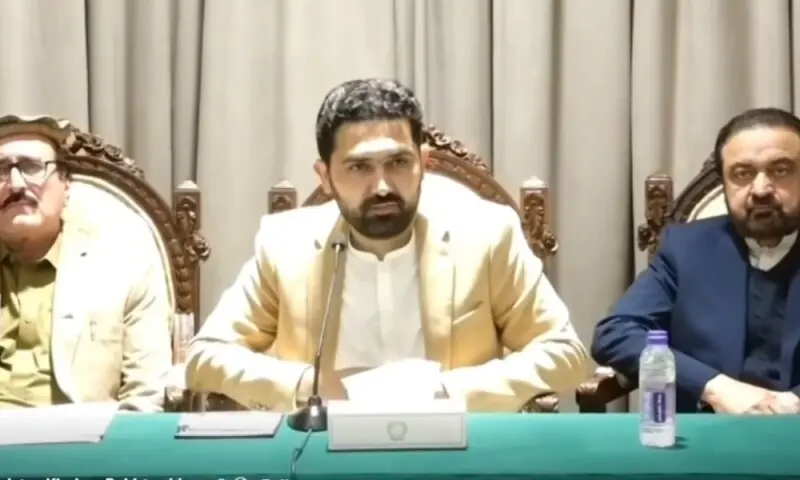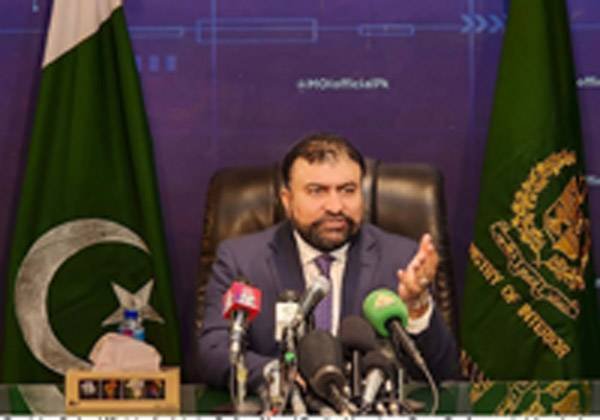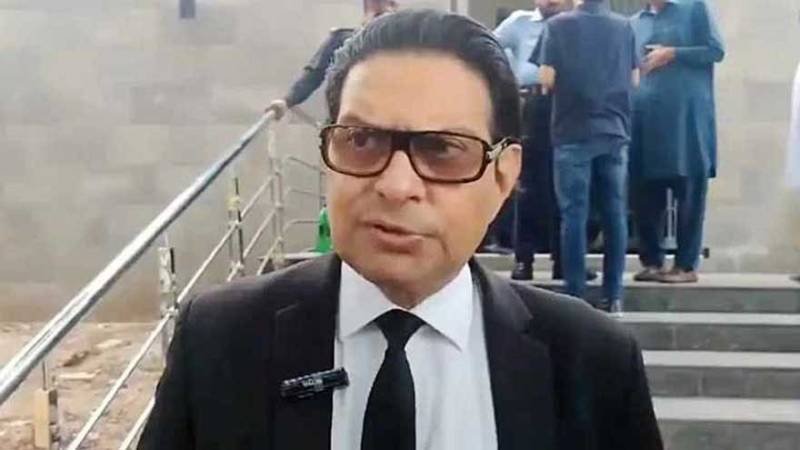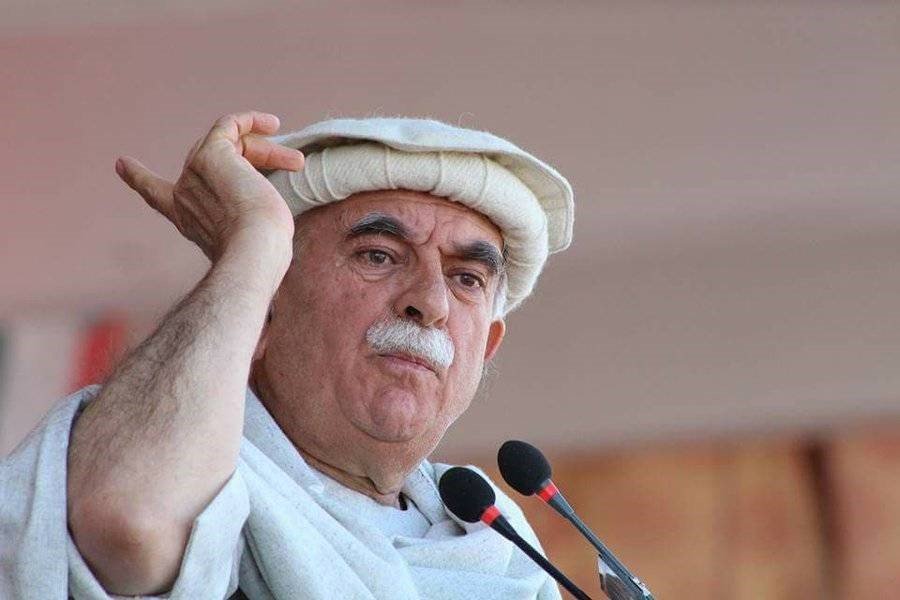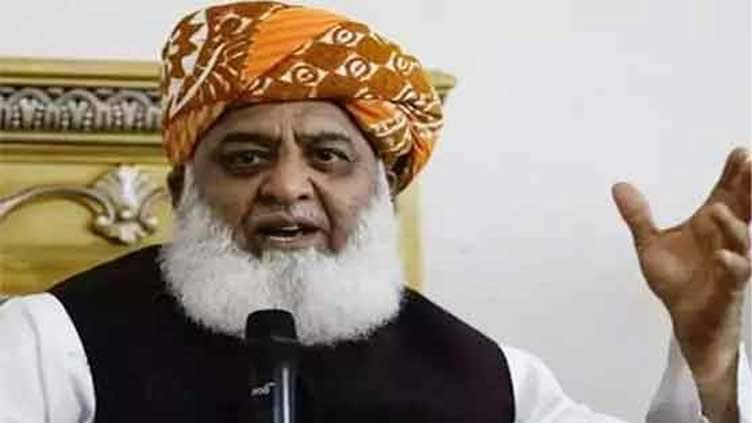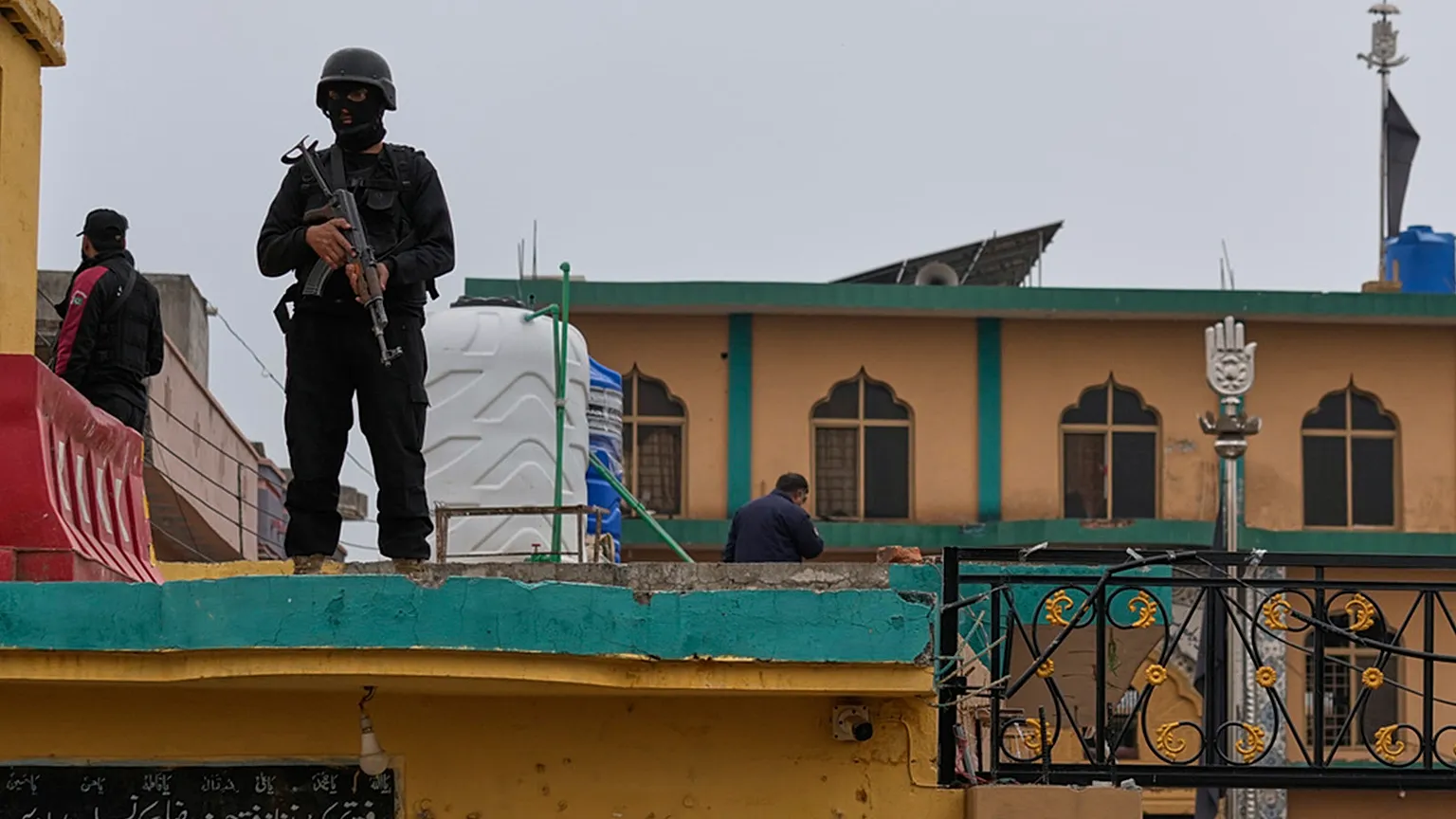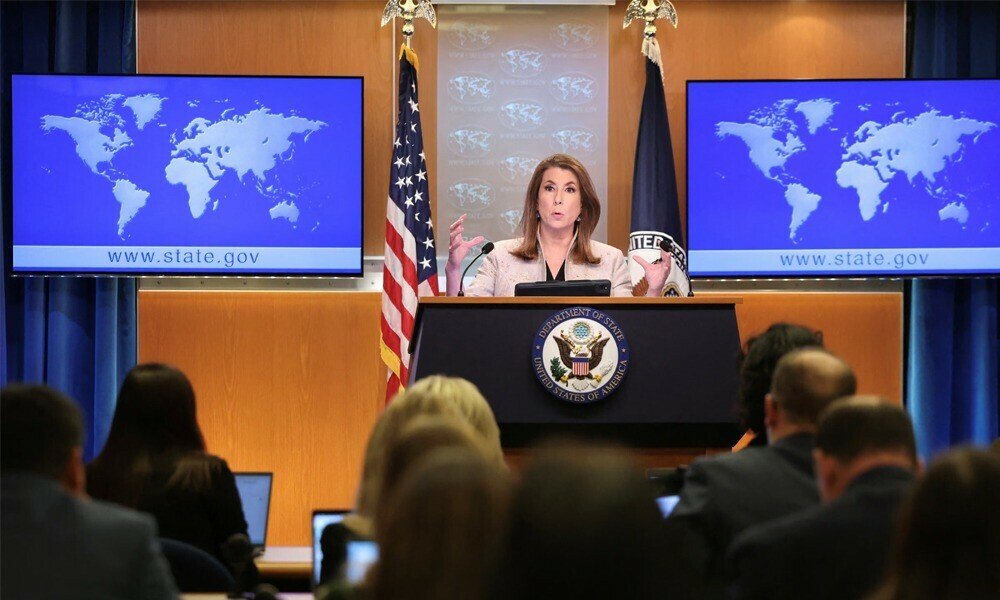In the wake of a deadly attack in Indian Illegally Occupied Jammu and Kashmir’s (IIOJK) Pahalgam area, the United States has strongly condemned the violence while choosing not to take a position on the long-standing territorial dispute over Kashmir.
During a press briefing, US State Department spokesperson Tammy Bruce expressed condolences for the victims and their families, affirming Washington’s support for India. “We stand with India and strongly condemn all acts of terrorism,” Bruce stated. “We pray for the lives of those lost, for the recovery of the injured, and urge that those responsible be brought to justice.”
However, when pressed on the broader regional implications and whether the US would mediate between India and Pakistan, Bruce was cautious. “This is a rapidly evolving situation, and we are monitoring it closely,” she said. “But we are not taking any position on the status of Kashmir or Jammu.”
When reminded of past mediation offers—such as one made by former US President Donald Trump—Bruce declined to comment, adding, “The president and secretary made their positions clear at the time. I won’t add anything further.”
Background: Kashmir Attack and Rising Tensions
The latest wave of tension between India and Pakistan erupted after gunmen opened fire on a group of tourists in Pahalgam earlier this week, leaving over 20 dead. A group calling itself the “Kashmir Resistance” claimed responsibility for the attack via social media. In its post, the group alleged that the victims were not ordinary tourists, but individuals connected to Indian security agencies. It also accused the Indian government of attempting demographic changes in the disputed region by settling tens of thousands of “outsiders.”
India responded aggressively, announcing the suspension of the Indus Waters Treaty (IWT)—a decades-old water-sharing agreement between the two countries, brokered by the World Bank. The move triggered strong reactions from Pakistan.
In a National Security Committee (NSC) meeting chaired by Prime Minister Shehbaz Sharif, Pakistan condemned the Pahalgam attack while warning that any attempt to halt or divert its share of Indus river water would be seen as an “act of war” and met with “a full-spectrum response.”
The NSC also called on India to refrain from using such tragedies as political leverage. “India must resist the temptation to exploit this tragic incident to score points,” the committee stated. “Security failures within IIOJK are India’s responsibility.”
Pakistan Retaliates with Diplomatic and Economic Measures
In a sweeping response to India’s actions, Pakistan announced several major retaliatory steps. These include:
- Closure of the Wagah Border, halting all cross-border movement except for Indian nationals currently in Pakistan, who must leave by April 30.
- Suspension of all trade with India, including indirect trade via third countries.
- Cancellation of all visas issued to Indian nationals under the SAARC Visa Exemption Scheme (SVES), with the exception of Sikh pilgrims who have been given 48 hours to exit the country.
These decisions underscore the rapidly deteriorating ties between the two nuclear-armed neighbours, just as regional and international actors call for restraint.
While Washington’s neutral stance on Kashmir reflects a long-standing US policy, the sharp escalation in South Asia following the Pahalgam attack signals a potentially dangerous chapter in India-Pakistan relations—one that could impact regional stability unless de-escalation is pursued through dialogue and diplomacy.



